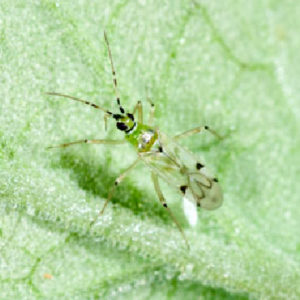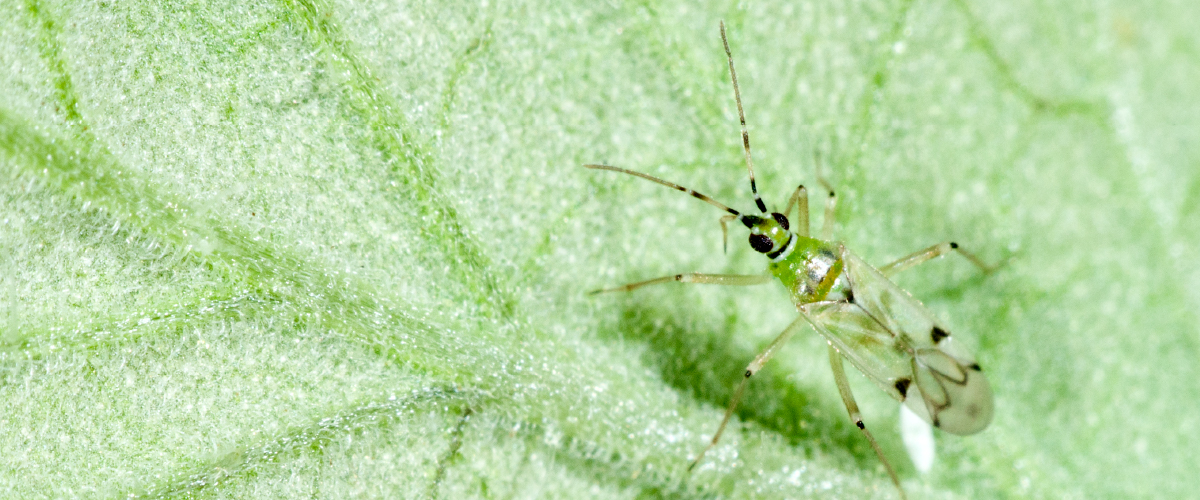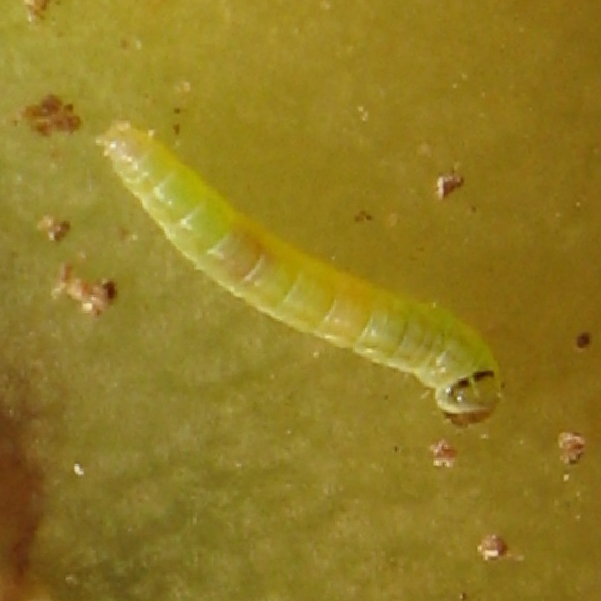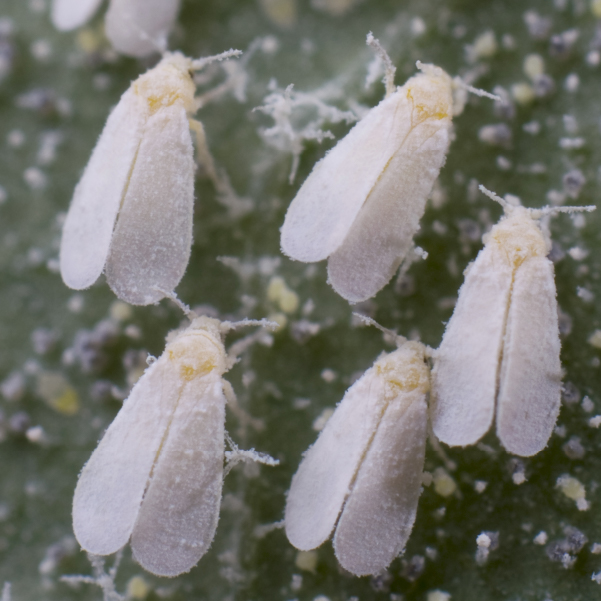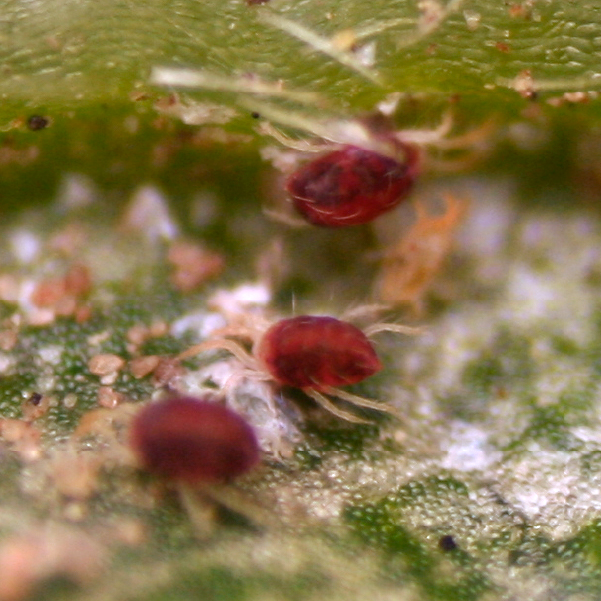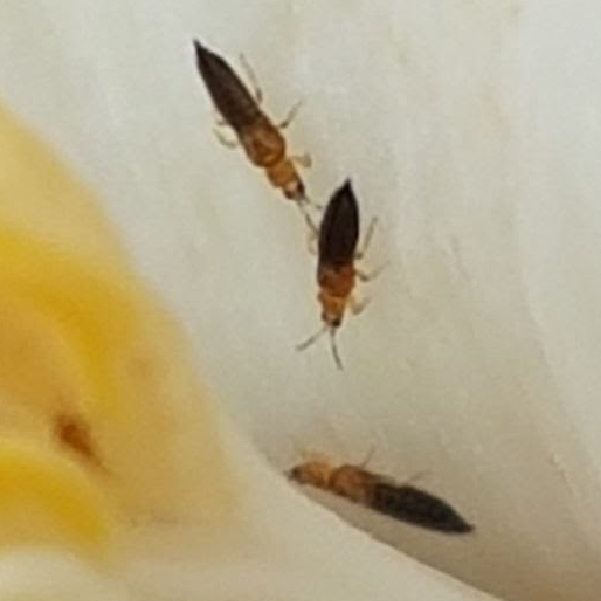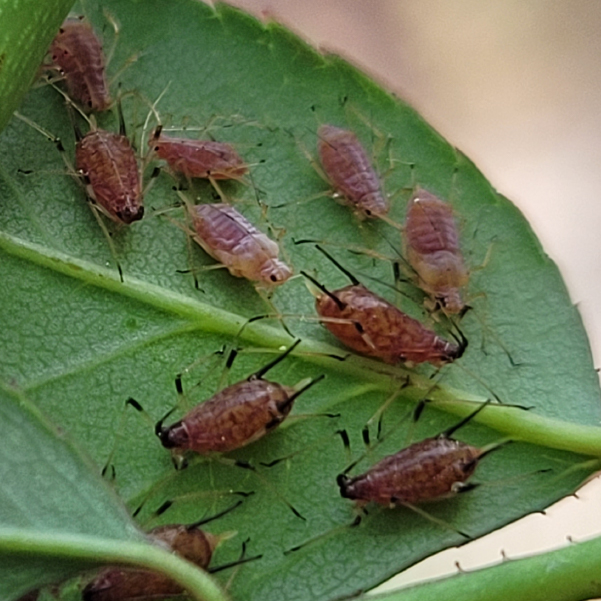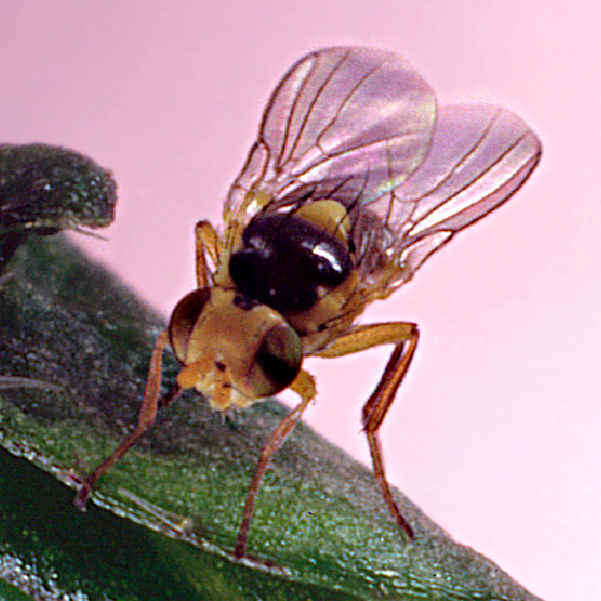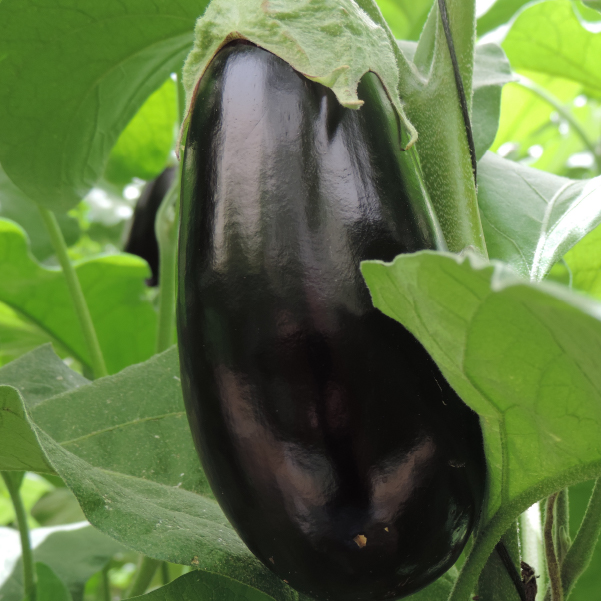BioNesidocoris (Nesidocoris tenuis) is a predatory bug of the Miridae family. A generalist predator, commonly found on solanaceous plants, it contributes to the control of Tuta absoluta eggs, whitefly eggs and larvae as well as spider mite in vegetable crops in greenhouses and in open fields. All mobile stages are predacious and might also feed from the plant under certain conditions. To avoid crop damage, it is necessary to control the predator/prey ratios.
N. tenuis adults are 3-4 mm in length and both male and female, are green. They possess stripy antennae, a dark band surrounding the neck and a black and white pattern on their wings. They insert their white colored eggs in the plant tissue. Nymphs are green colored, visible particularly on the underside of leaves.
Consult your local BioBee representative for additional details.
Target Pests
Product
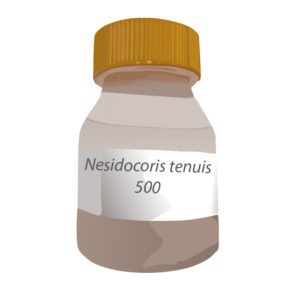
- 100 ml plastic bottle, which contains 500 predatory bugs (adults and nymphs)
Application
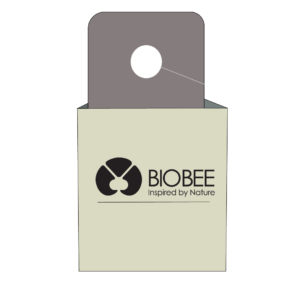
- BioNesidocoris is shipped in temperature controlled boxes which must be kept intact until reaching the end-user.
- Avoid direct exposure of the product to sunlight.
- Apply during early morning or late afternoon, while temperatures are cooler.
- Before opening the bottle, rotate horizontally to mix the content homogeneously.
- Distribute the contents evenly on the leaves.
- D-boxes can also be used to apply BioNesidocoris throughout the crop.
The introduction rate of BioNesidocoris should be determined according to the crop and rate of infestation.
Nesidocoris tenuis can be combined with BioEncarsia.
Before combining BioNesidocoris with any chemical pesticide in the crop, please consult your BioBee technical field representative.
Crops
Storage
-

Recommended Storage temperature
-

Apply within 48 hours
-

Store Horizontally
-

Do not store in sunglight
-

Apply early morning or late afternoon
Disclaimer
BioBee Sde Eliyahu Ltd. produces and markets biological products. Production is carried out using innovative techniques under controlled quality assurance standards such as ISO 9001:2015, as well as IOBC’s international standards for mass-production of insects. All products are tested to meet specification requirements before leaving the factory.
The success of biological pest control is affected by the crop’s initial pest population (upon application of the product), weather conditions and chemical residue present in the crop, among other possible aggravating factors.
Under no circumstance shall BioBee be liable for the outcome of the implementation in the field, as it has no control over local conditions, the application method, or the possible improper treatment/storage of the product.
